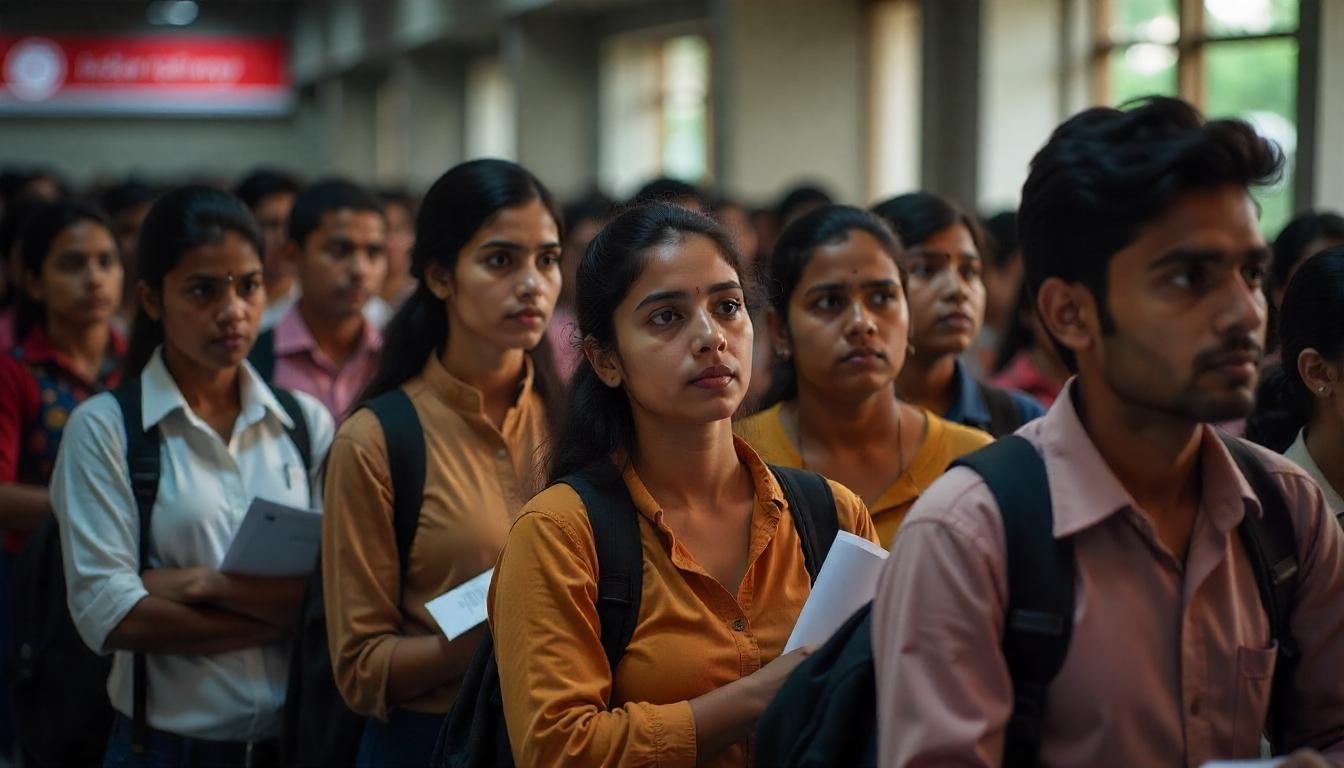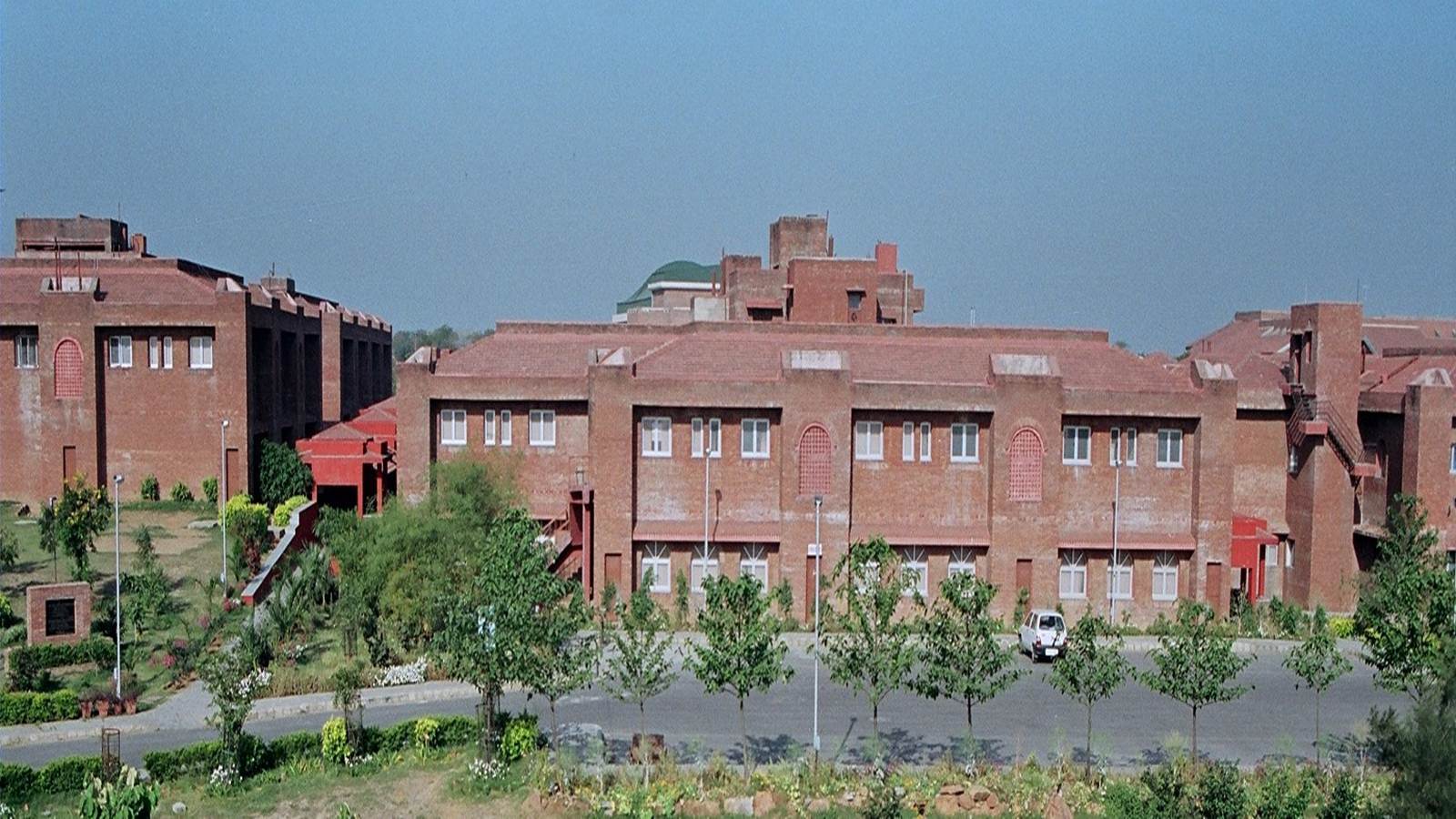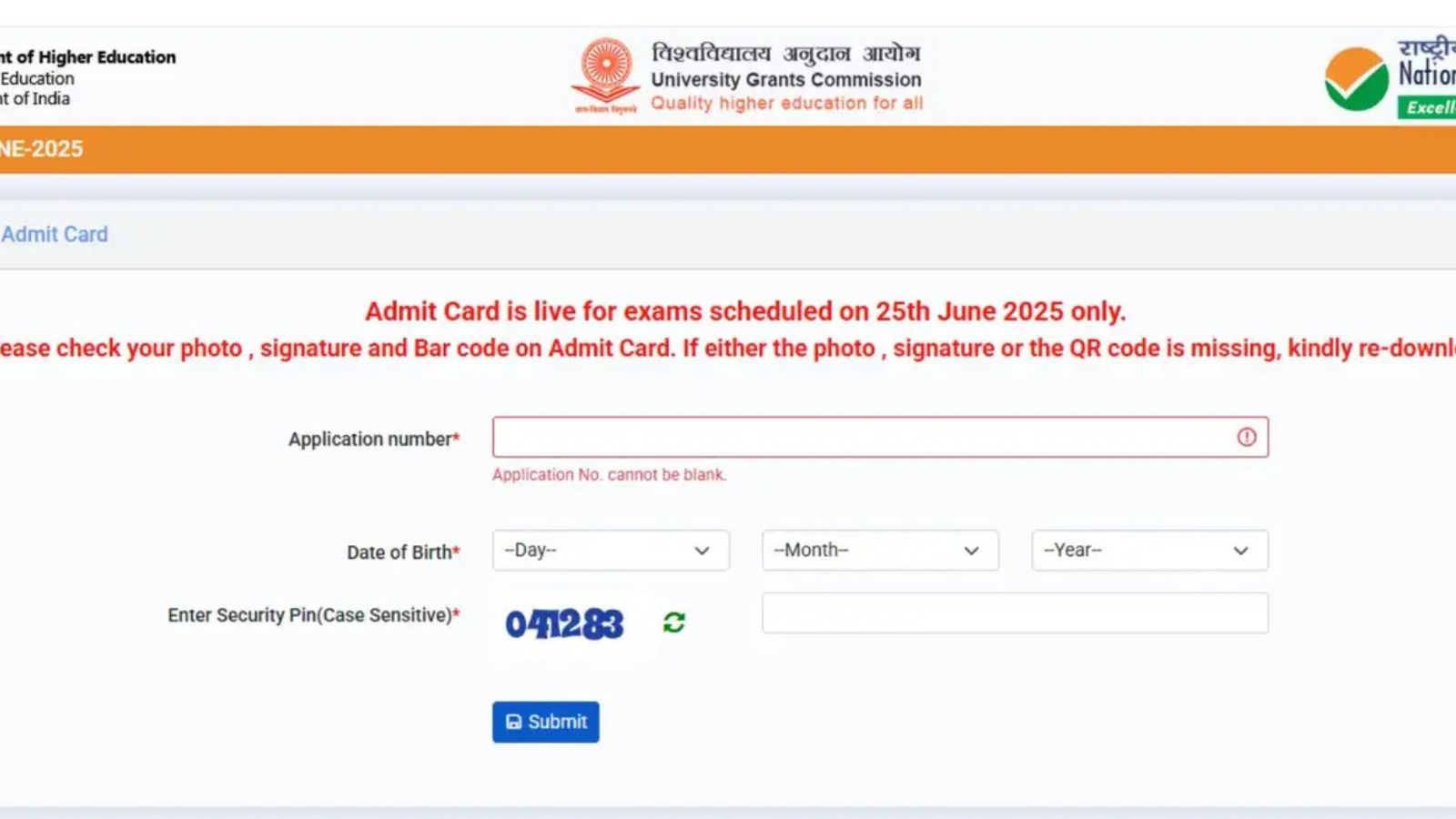RRB NTPC Undergraduate 2025: The Railway Recruitment Board (RRB) will examine the undergraduate posts between August 7 and September 8. The Computer-based exam (CBT) will be conducted in multiple shifts to manage a large number of applicants who have applied for 11,588 vacancies. The applications for the same are closed. Aspirants who have applied for the exam can now expect city intimation slips to be issued soon on the respective regional RRB websites.
There are three stages in the RRB NTPC: CBT 1, followed by CBT 2, and a skill test. Once these rounds are completed, the documents of the aspirants are verified, and they are checked whether they are medically fit or not. Skill tests for posts like typist and clerk require candidates to meet typing speed criteria, while document verification and medical examinations ensure candidates meet eligibility and fitness standards for their desired roles.
RRB NTPC 2025: Undergraduate Vacancies Breakdown
Junior Clerk cum Typist – 990
Accounts Clerk cum Typist – 361
Trains Clerk – 72
Commercial cum Ticket Clerk – 2022
RRB NTPC 2025: Syllabus
For the benefit of students, here is the syllabus for the RRB NTPC that they must complete beforehand to excel in the exam.
The RRB NTPC exam is conducted in multiple stages, beginning with two Computer-Based Tests (CBT-1 and CBT-2), followed by skill tests for applicable posts, and lastly is a document verification and a medical examination. Both CBT-1 and CBT-2 assess candidates on three major sections:
–Mathematics
–General Intelligence and Reasoning
–General Awareness
In the General Intelligence and Reasoning section, candidates are examined on their ability to think logically and solve problems quickly. Topics include analogies, coding-decoding, puzzles, series completion, syllogisms, direction sense, blood relations, decision-making, and data sufficiency. This section is designed to check how well candidates can interpret patterns, solve logical problems, and handle information-based questions.
The Mathematics section covers basic to moderate arithmetic, algebra, geometry, mensuration, and data interpretation topics. Key areas include number systems, percentages, time and work, time and distance, profit and loss, simple and compound interest, ratio and proportion, averages, LCM and HCF, and basic algebraic operations. Candidates are also tested on questions from geometry, mensuration (like areas and volumes of shapes), and trigonometry. Data interpretation questions using tables, pie charts, bar graphs, and line charts are also commonly asked to test numerical analysis skills.
In the General Awareness section, the Board assess a candidate’s knowledge of current affairs and general knowledge related to history, geography, polity, economy, and science. Important topics include significant national and international events, awards and honours, sports, Indian history, physical and economic geography, Indian Constitution, governance structures, and fundamental rights.
Story continues below this ad
Questions on general science (basic concepts from physics, chemistry, and biology) at the high school level are also part of this section. Additionally, candidates are expected to stay updated with current events from the last six to twelve months before the exam.





